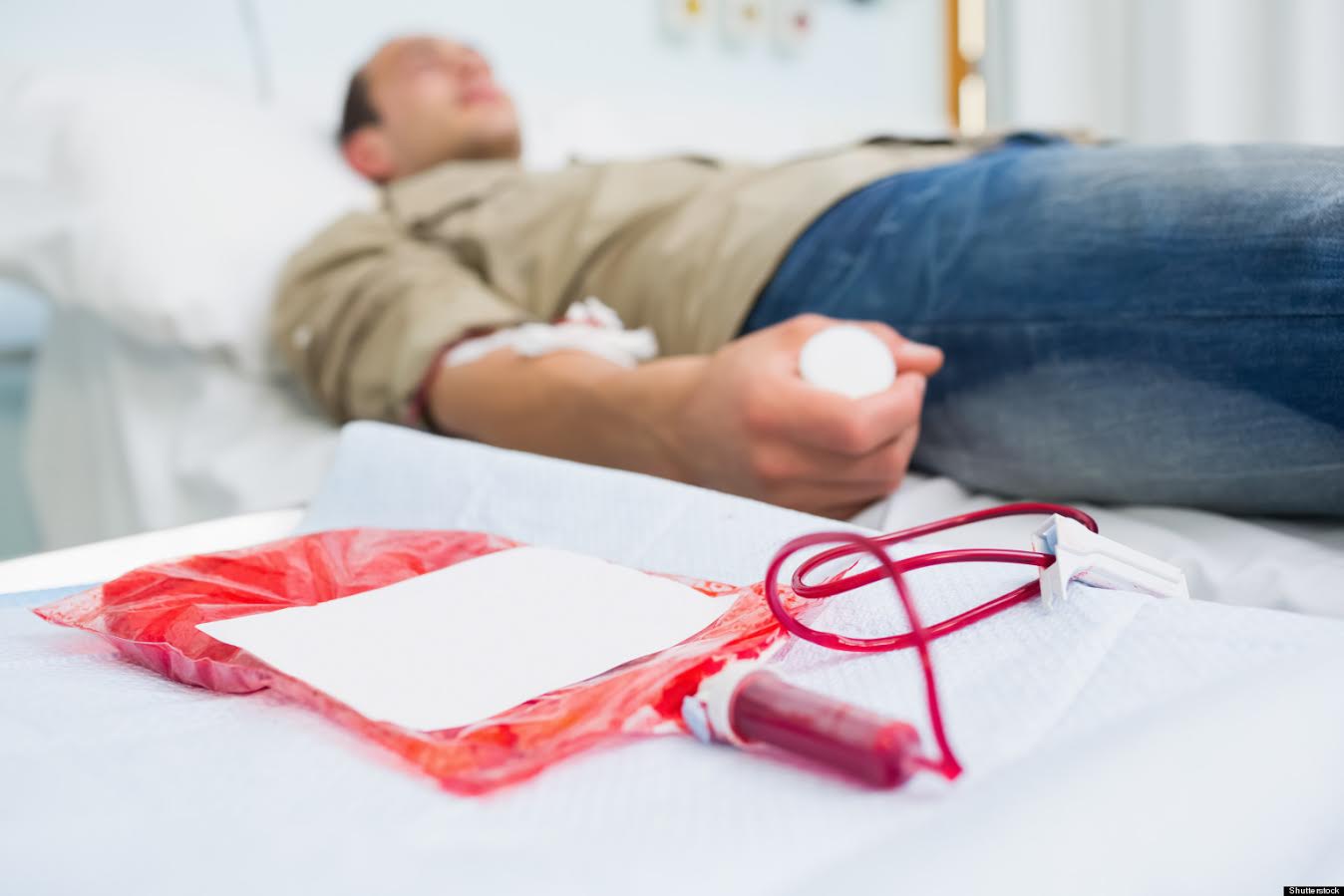
Two years ago on April 15th, the runners who raced 26.2 sticky miles heading for the finish line have continued running straight to the nearest hospital to donate blood for the victims of Boston Marathon Bombing incident. Following the marathoners came civilians rushing to the hospital for blood donation. Thanks to the caring donors, there were more than enough blood supplies for the bombing incident, claims American Red Cross. If it weren’t for the help of such proactive blood donors, the survivors would have suffered from blood shortage.
“Every two seconds someone in the U.S. needs blood,” Red Cross states. That means over 41,000 blood donations are needed every day. However, there are not enough donations made to meet the demand. The current state of this issue shows only four people out of 100 capable blood donors donates blood; that is only 4% of the population actually donating blood. Even if we do not carry out the math, it is apparent there is a great shortage of supply.
Generally, 100 pint of blood is needed for a person who got injured in a car accident, while one person may donate one pint of blood at a time. Thus, a single car accident involving three people would require 300 blood donors with specifically matching blood type. To add fuel to the flames, donated blood has a short shelf life that only lasts from five to 42 days. If the blood bags are, for whatever reason, not used within their expiration date, they must be discarded.
But you may think ‘It seems like there are still people donating blood. Where are all these blood going to?’ Donated blood is used for various purposes; be it from open heart surgeries, for children suffering from anemia, pregnancy complications, to cancer patients. There were 14 million new cases of cancer back in 2012 world-wide, and the number is expected to grow throughout the next decade.
Blood supply is never plentiful all around the globe, but it is especially difficult to have safe blood available for patients in Africa. According to Dr. Neelam Dhingra from World Health Organization (WHO), “The two crucial issues related to blood transfusion in the developing world, particularly Africa, are blood shortages and unsafe blood, which all too frequently lead to serious health consequences such as death from postpartum hemorrhage or the transmission of life-threatening infections such as HIV and hepatitis.”
For safe blood transfusion, AccuPoint Injection Instruments provides our consumers high quality sturdy blood transfusion bags with various preservatives so that the quality of the blood is maintained until use before its expiry, not allowing loss of a precious drop. For our vision is to be able to provide upscale goods that are accessible and available especially for those in developing countries, our products come in competitive prices, not to mention high quality.
It is not difficult to pass as a blood donor. The eligibility description in becoming a blood donor involves healthy individual with age in between 17 to 76 who weighs more than 50 kg. Those over 76 can also donate blood with physician permission. One person donating one pint of blood may save three lives. Why not become a Good Samaritan who gives out “gift of life” as people call it?
To see our blood bags: http://accupointinjectioninstruments.com/product/blood-transfusion-bag/